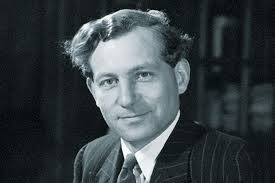 By Dermot Quinn, Professor of History, Seton Hall University
By Dermot Quinn, Professor of History, Seton Hall University
When the church historian Owen Chadwick died earlier this year at the age of 99, still writing almost to the end, still with ideas to share, still pondering the historical and moral lessons of a lifetime, he seemed a figure from an earlier, more heroic age of Christian scholarship. His life had been laden with honors – at various times was Master of Selwyn College, Cambridge, Regius Professor of History at the same university, the Ford and Herbert Hensley Henson lecturer at Oxford, the Gifford lecturer at Edinburgh, a Fellow of the British Academy, a member of the Order of Merit – but these badges somehow fail to capture the full measure of the man. He conferred dignity on them, not they on him.

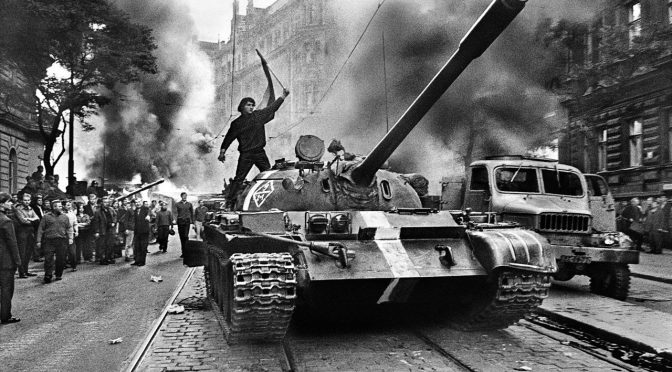
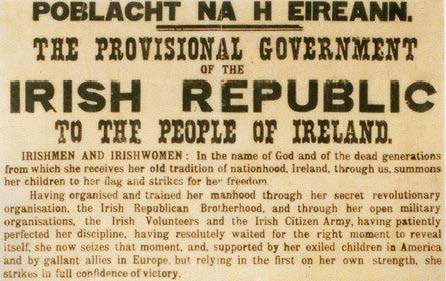 Easter 1916 Remembered
Easter 1916 Remembered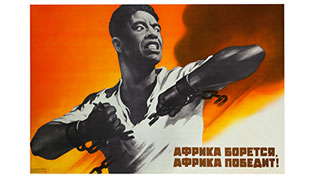
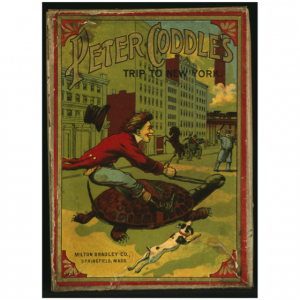
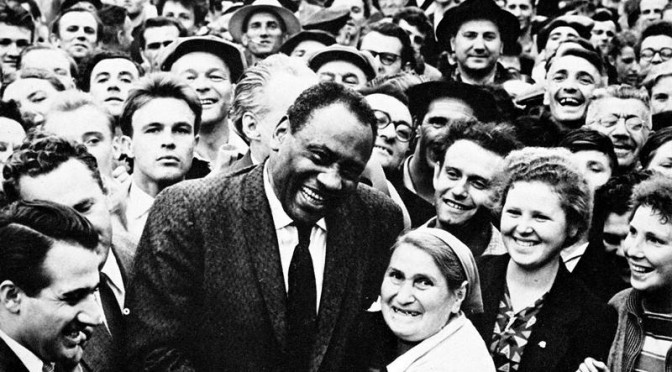
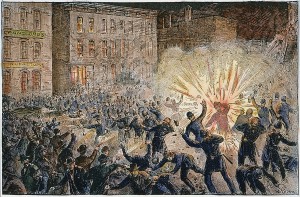
 By Dermot Quinn, Professor of History, Seton Hall University
By Dermot Quinn, Professor of History, Seton Hall University